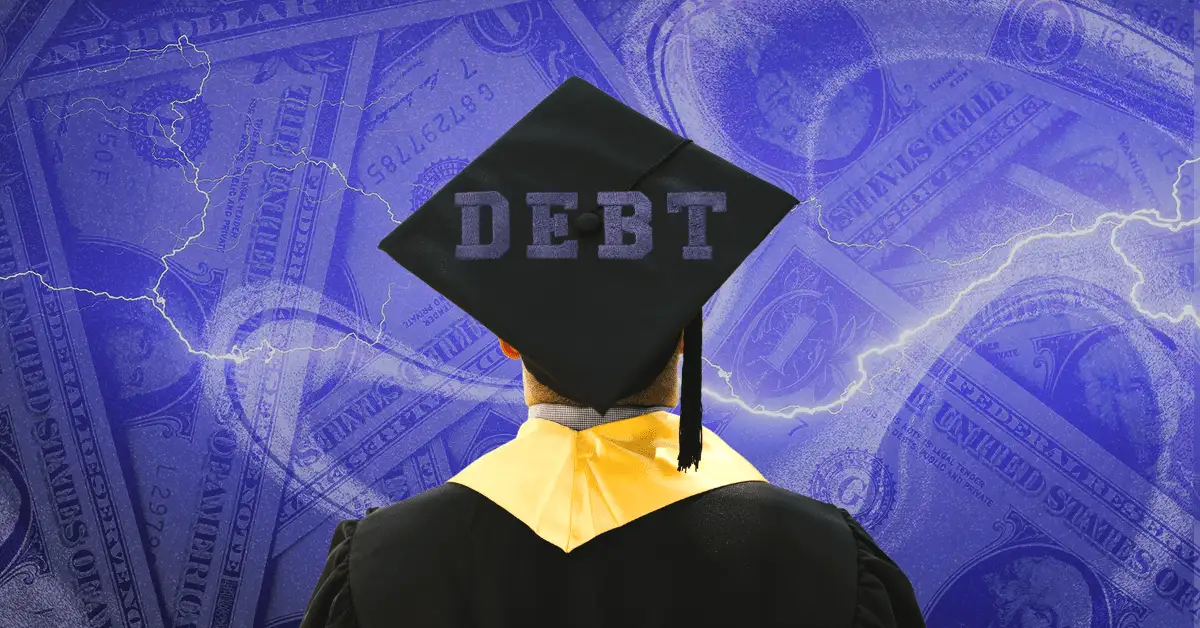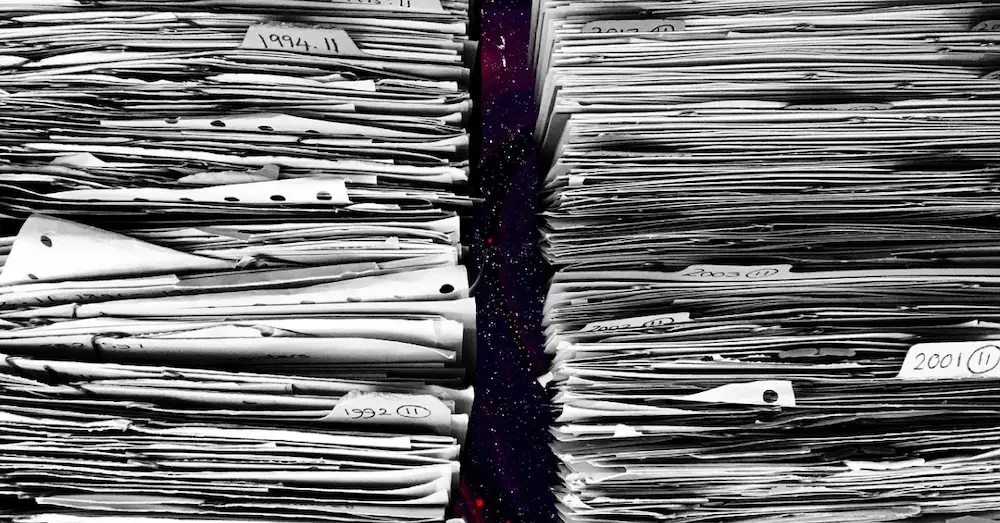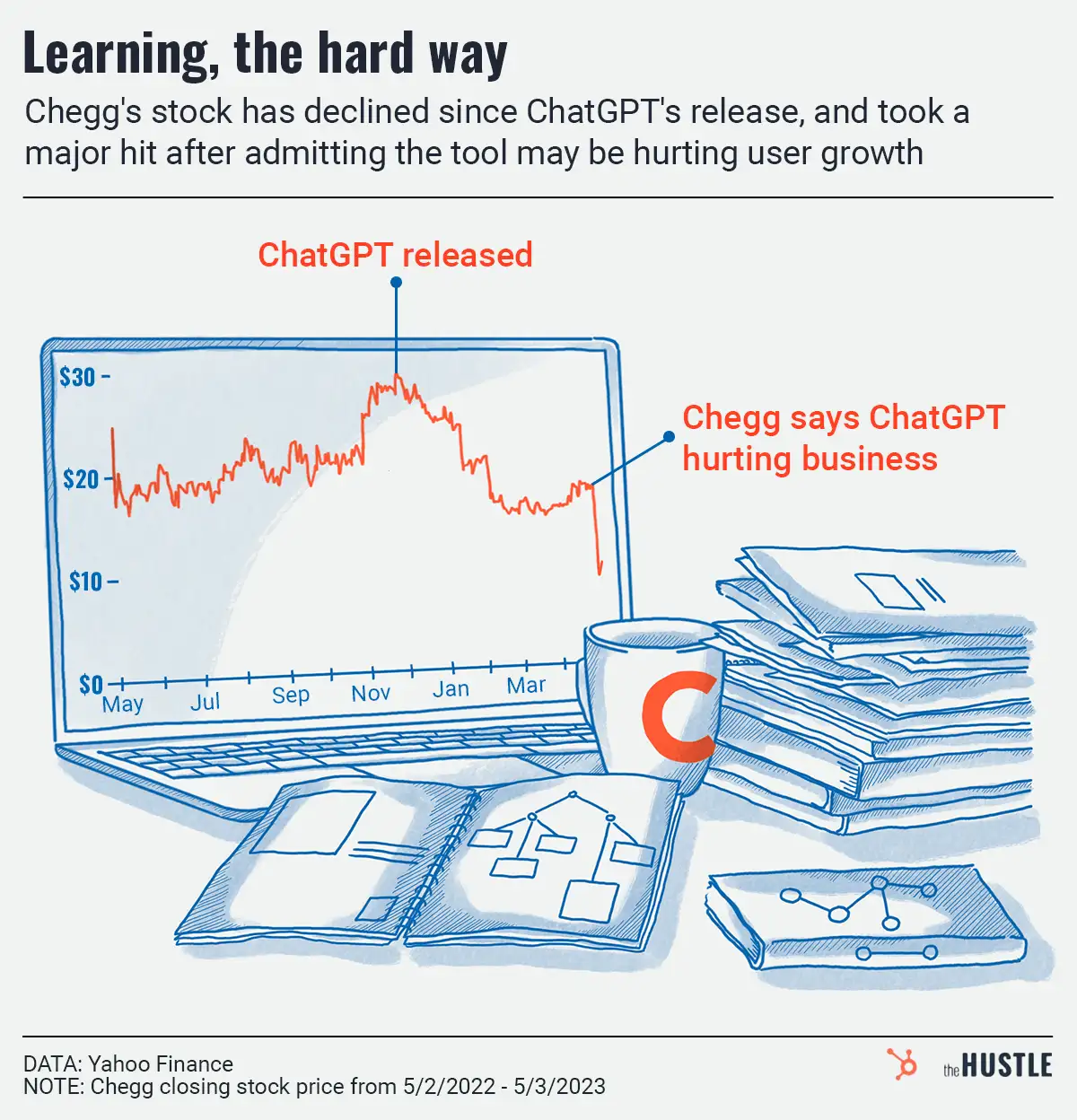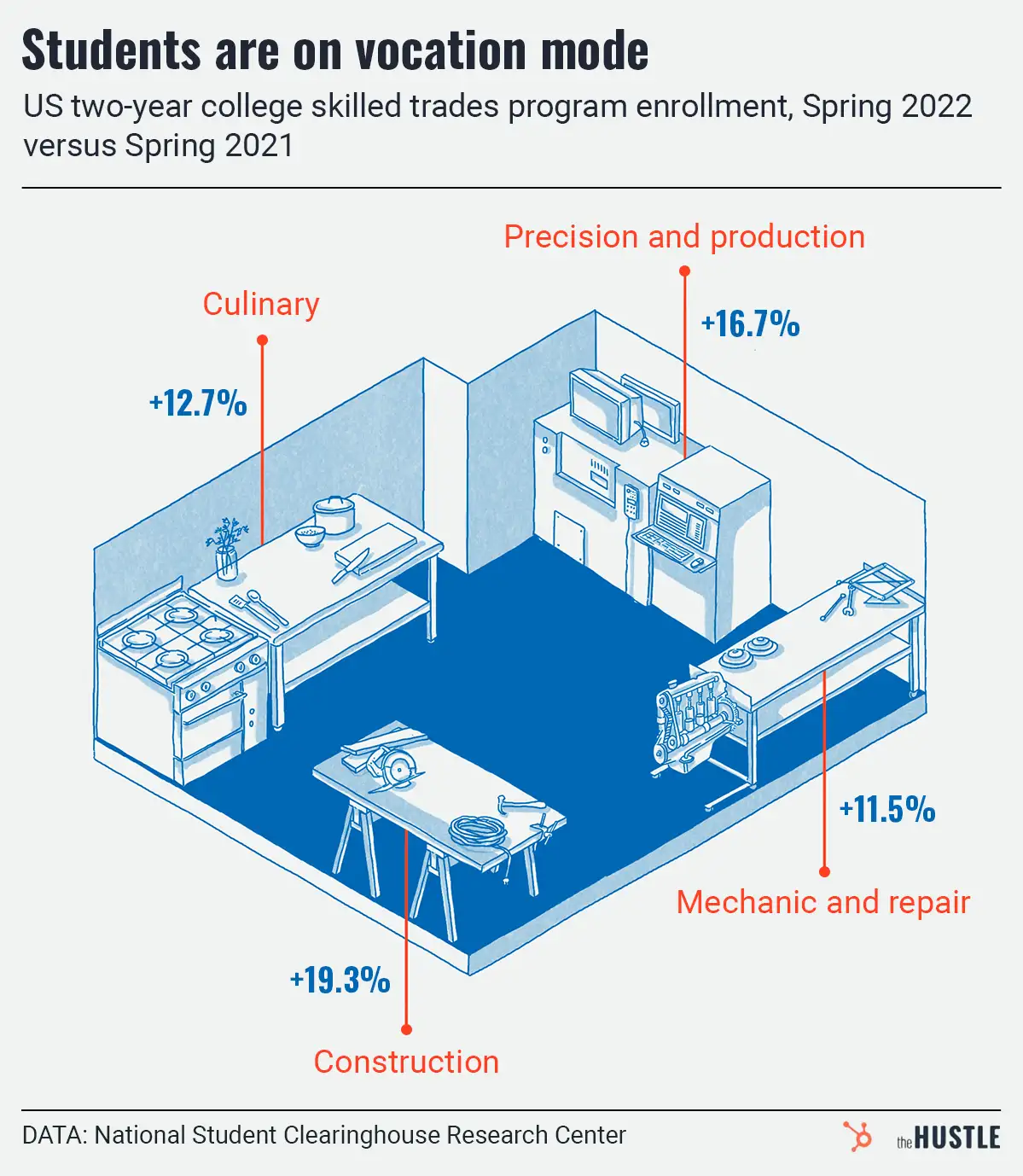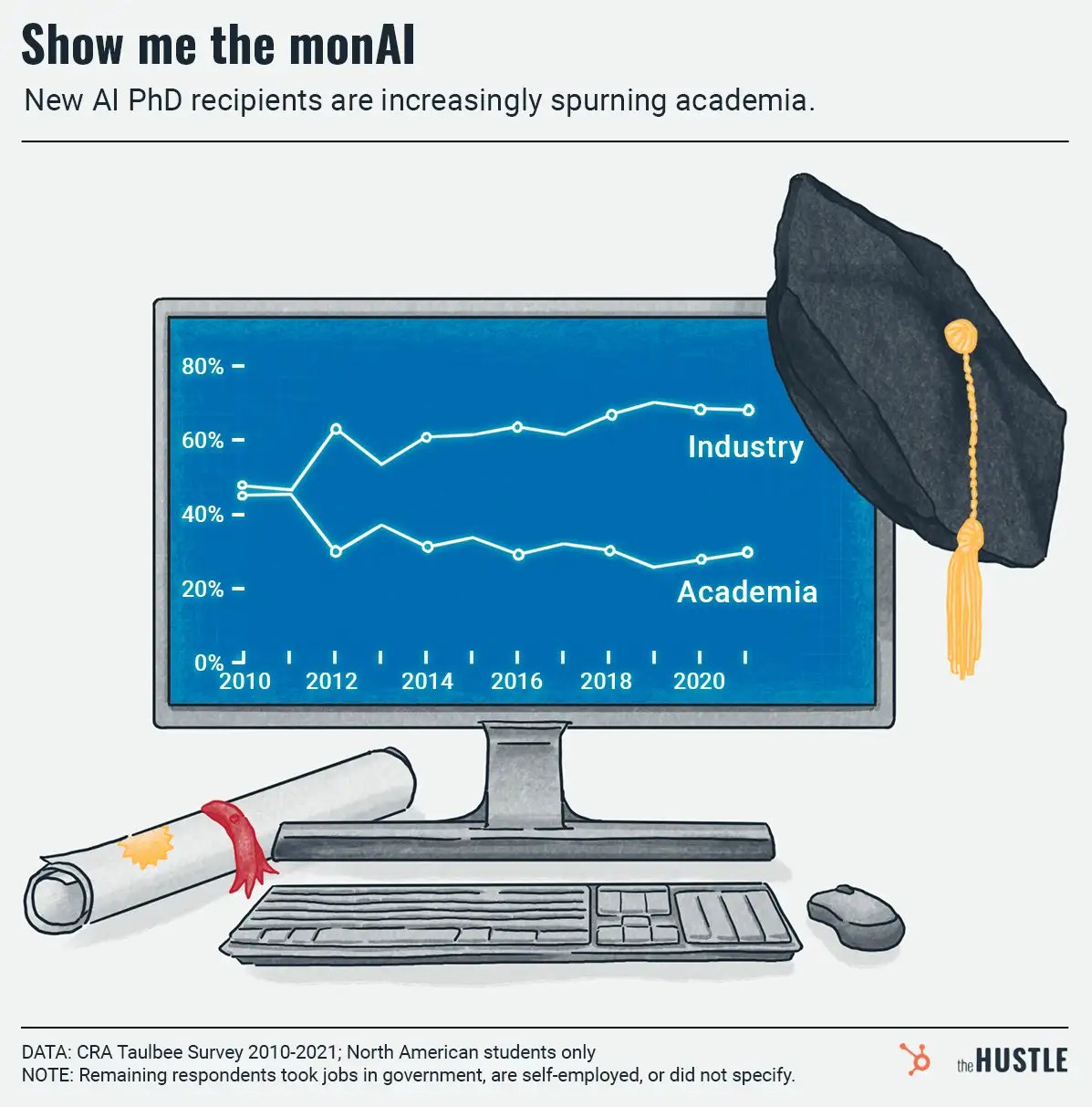During the Great Recession, it seemed like every millennial except Lena Dunham decided to enroll in grad school.

The logic appeared sound: Wait out the squishy economy and reenter the job market with greater earning potential.
These days, however, as the US confronts an economic downturn and tech companies slash payrolls, experts are warning prospective MBAs and JDs to reconsider dropping six figures for a fancy-schmancy degree, according to The Wall Street Journal.
Business schools are marketing to jobless techies
Recently laid-off tech workers can apply to Northwestern’s Kellogg School of Management without submitting standardized test scores. Other schools like MIT Sloan and UC Berkeley’s Haas School of Business have waived entrance fees and extended deadlines.
But 2023’s economic climate makes grad school less enticing than during the Great Recession:
- The downturn is not widespread yet, so laid-off employees have a good chance of finding something new.
- Inflation means rent and daily expenses are even less affordable on the limited salary of a student.
- Average interest rates on new student loans have increased, as has tuition. The median debt load of master’s degree recipients was ~$61k in 2016, a twofold increase since 2000.
Grad school isn’t always the wrong bet
People with professional and master’s degrees still make more, on average, than those without them. They’re also more likely to be sought for management positions.
And data tools from the BLS and College Scorecard can help indicate whether the debt is worth it.
But experts advise against using grad school as a “procrastinating tactic,” per WSJ.
Plus: If you get laid off and have a gap in your resume, it might not matter. Gen Zers are actually embracing resume gaps.




